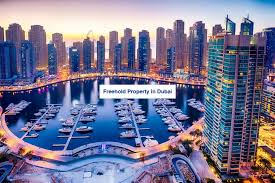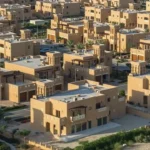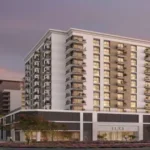Now Reading: New Buyers’ Tax Checklist for Dubai’s Coastal Real Estate Projects
-
01
New Buyers’ Tax Checklist for Dubai’s Coastal Real Estate Projects
New Buyers’ Tax Checklist for Dubai’s Coastal Real Estate Projects
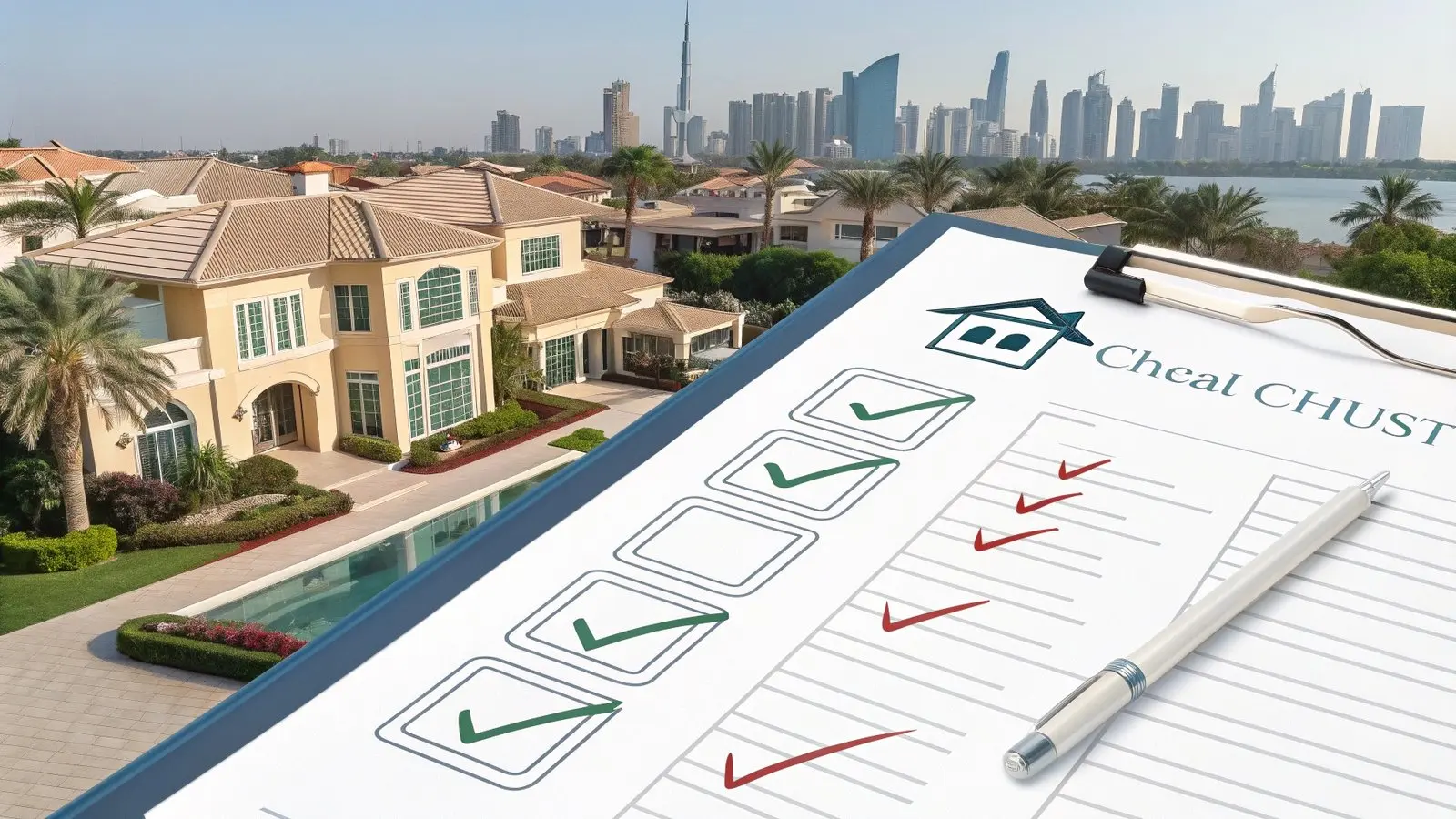
Table of Contents
Tax Checklist: Buying property in Dubai’s coastal neighborhoods be it Jumeirah Beach Residence, Emaar Beachfront, La Mer, or Palm Jumeirah is a dream for many. Ocean views, waterfront promenades, luxury amenities, and iconic architecture make it a tempting investment or lifestyle choice. But amid the shimmering skyline and pristine beaches lies a layer that’s often overlooked: the financial groundwork especially taxes, fees, and legal obligations.
If you’re new to buying in Dubai, especially as a foreigner, the process might seem too good to be true. No income tax, no capital gains tax, no inheritance tax. But that doesn’t mean buying property here is free of costs. There’s a structure to it clean, transparent, and if understood properly, highly rewarding.
This guide isn’t just about ticking boxes; it’s about clarity, confidence, and control. A detailed checklist tailored for new buyers exploring Dubai’s coastal gems.
1. Understand the “Tax-Free” – Buzz What It Really Means
The phrase “tax-free” is often thrown around when discussing Dubai real estate, but let’s unpack it realistically. There are no direct property taxes in Dubai. This means:
- No annual property tax bills
- No capital gains tax when you sell
- No inheritance or wealth tax on your property
- No stamp duties or local council rates
But… there are transaction-based costs that mimic “tax-like” structures. These include registration fees, transfer fees, service charges, and municipal housing fees. They aren’t hidden, but they do add up. Knowing them in advance helps you plan smartly and avoid shockers during transfer.
2. Dubai Land Department (DLD) Transfer Fee – 4%
This is your primary cost. Whenever a property is sold in Dubai whether new or resale a 4% transfer fee is levied by the DLD. Usually, the buyer covers this, unless otherwise negotiated.
Let’s say you buy a beachfront apartment for AED 3 million:
- DLD fee = AED 120,000
This must be paid upfront to initiate the title transfer. You cannot legally own the property without clearing this. It’s a one-time cost and crucial for ownership.
Also, note that a small administrative fee of AED 580 is charged on top, covering registration processing.
3. Property Registration Fee – AED 2,000 to AED 4,000
Once your DLD fee is paid, your property has to be registered in your name. For that, DLD charges a fixed registration fee:
- AED 2,000 for properties under AED 500,000
- AED 4,000 for properties above AED 500,000
This is often clubbed with the transfer fee and paid together. Make sure your agent or conveyancer confirms this in the breakdown.
4. Real Estate Agency Commission – 2% Typical
If you’re using an agent to buy (which is recommended unless buying off-plan from the developer), expect to pay a commission of 2% of the purchase price. Some may negotiate slightly lower for premium purchases or cash buyers.
This is their professional fee for locating the property, managing negotiations, handling documentation, and facilitating deal closure. In most cases, this is paid at the same time as your down payment or upon signing the Sales Purchase Agreement (SPA).
5. No-Objection Certificate (NOC) Fee – Up to AED 5,000
This is a fee paid to the developer (not the government) and applies to resale transactions. The developer issues an NOC stating that they have no objection to the sale going through i.e., all dues are cleared, and they’re happy to proceed.
NOC fees can vary wildly depending on the project and the developer:
- Lower-end: AED 500–1,500
- Premium developers: AED 3,000–5,000
Check this early it’s often a forgotten cost and isn’t always included in agents’ initial cost estimates.
6. Mortgage-Related Fees (If Financing Your Purchase)
If you’re taking a home loan, there are several additional costs:
- Valuation Fee – AED 2,500 to AED 3,500 (non-refundable)
- Mortgage Registration Fee – 0.25% of the loan amount
- Bank Processing Fee – up to 1% of the loan amount
- Mortgage Insurance – required by some banks
Let’s say you finance AED 2 million:
- DLD Mortgage Registration = AED 5,000
- Bank Fees = AED 20,000
- Valuation = AED 3,000
- Total: AED 28,000+ upfront, excluding EMIs
If you’re buying off-plan and using a payment plan from the developer, you won’t need a mortgage—but remember, post-handover payment plans may still involve interest-like charges.
7. Housing Fee (Municipality Tax) – 5%
Dubai imposes a housing fee of 5% on the property’s annual rental value. This applies even if you own the property outright and live in it. The Dubai Municipality collects this through your monthly DEWA (water/electricity) bills.
For example:
- Estimated annual rent: AED 200,000
- Housing fee = AED 10,000/year
- This is split monthly (around AED 833/month) and added to your utilities.
If you rent your property out, this still applies just that your tenant pays it. Either way, it’s a recurring charge, and you’ll want to factor it into your operating costs.
8. Service Charges & Maintenance Fees
All buildings and gated communities in Dubai charge service fees to maintain elevators, security, cleaning, beach access, pools, gyms, etc.
Rates are charged per square foot annually:
- Luxury coastal towers: AED 20–30 per sq ft
- Mid-tier: AED 10–15 per sq ft
A 2-bedroom 1,200 sq ft beachfront unit could see annual charges:
- 1,200 x AED 25 = AED 30,000/year
These fees vary yearly, depending on how well the owners’ association manages budgets and contracts. Always ask for latest service fee statements before buying.
9. VAT – When It Applies
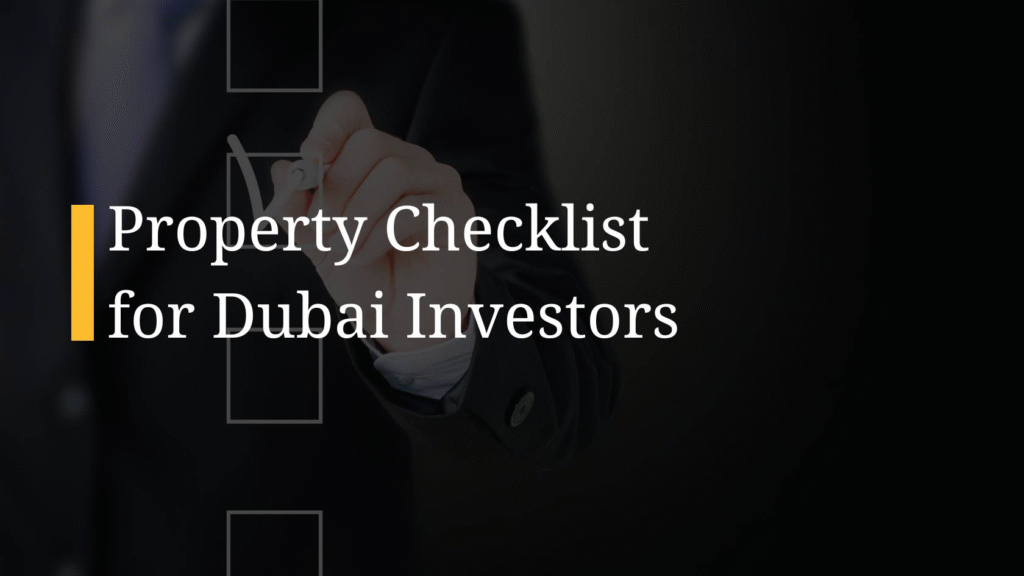
For most individual buyers, VAT doesn’t apply to residential real estate. But there are a few caveats:
- Commercial properties: Subject to 5% VAT
- New residential developments (first sale): Zero-rated (0% VAT)
- Subsequent sales: Exempt from VAT
However, if you plan to rent out your property as a business, and your rental income exceeds AED 375,000/year, you must register for VAT. This mostly affects people running short-term holiday lets or multiple units.
10. Short-Term Rental Licensing Fee (If Leasing on Airbnb)
Planning to rent out your coastal unit on Airbnb or Booking.com?
You’ll need a holiday home license:
- AED 1,500–2,000 setup fee
- Annual renewal costs
- Classification fees based on star rating
You must register with Dubai Tourism (DET) and get approval for each listing. Some communities like Palm Jumeirah allow it; others don’t. Check your building’s rules and owner association policies before buying with that intention.
11. Optional Legal/Conveyancing Fees
Though not mandatory, many buyers especially foreign nationals hire legal advisors or conveyancing firms to handle due diligence, title verification, contract drafting, and deal registration.
Fees range from:
- AED 5,000 for simple freehold transfer
- AED 10,000+ for complex cases or estate planning
A small price for peace of mind when dealing with high-value waterfront assets.
12. Wills & Inheritance Planning
Unlike in some Western countries, Dubai doesn’t have automatic inheritance rights for foreign buyers. That’s why it’s wise to register a will with DIFC Wills Service Centre, especially if your coastal property is meant for your children or family.
Wills cost around:
- AED 5,000 to AED 10,000 depending on complexity
Without this, local Sharia laws may apply by default, leading to legal complications for non-Muslim families.
13. Currency Exchange Costs (For International Buyers)
If you’re purchasing from abroad, fluctuating exchange rates and bank transfer fees can impact your real budget. Consider:
- AED pegged to USD (1 USD = ~3.67 AED)
- Use of property escrow accounts
- Preferred Forex agents to avoid high bank margins
Transferring AED 5 million at the wrong rate could cost you AED 50,000 or more. Plan and monitor FX carefully during the transfer process.
14. Insurance – Optional but Smart
While not mandatory, home insurance (especially for coastal properties exposed to humidity and salt) is highly advisable:
- Annual premiums from AED 800 to AED 3,000
- Covers fire, flood, theft, structural damage
Some developers include the first year’s insurance, but renewal is your responsibility.
Human Story: Why the Checklist Matters
Picture this you find your dream apartment with a balcony facing the sea, you imagine yourself sipping coffee every morning, listening to the waves. You’re ready to buy. But as closing day nears, you’re suddenly asked to wire AED 160,000 in “extra” fees. You panic, question the deal, and second-guess everything.
This happens not because the system is unfair, but because buyers go in blind. This checklist is your armor against confusion. It’s not just about numbers. It’s about emotional clarity. It’s about owning a dream home without the nightmare of surprise charges.
Conclusion
Dubai’s coastal real estate market is one of the most promising anywhere in the world. The combination of no annual property taxes, strong appreciation potential, stunning developments, and world-class infrastructure is rare.
But a truly empowered buyer is not one who simply falls in love with the view. It’s someone who understands what comes with that view the costs, the documents, the regulations. This tax checklist gives you the tools to navigate that confidently.
So whether you’re investing in Jumeirah’s iconic shoreline or a sleek Marina-front penthouse, you now know exactly what to prepare for.
Because buying a coastal property shouldn’t just feel like a dream. It should be an informed, tax-smart, and financially sound decision that stands the test of time and tide.
read more: Dubai Freehold Islands: 2025 Guide to Tax‑Free Property Ownership



